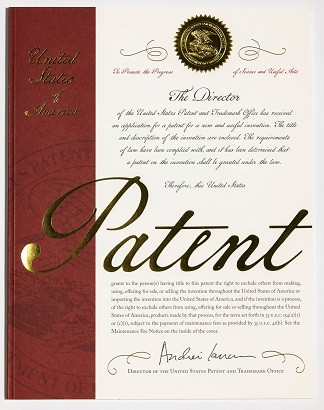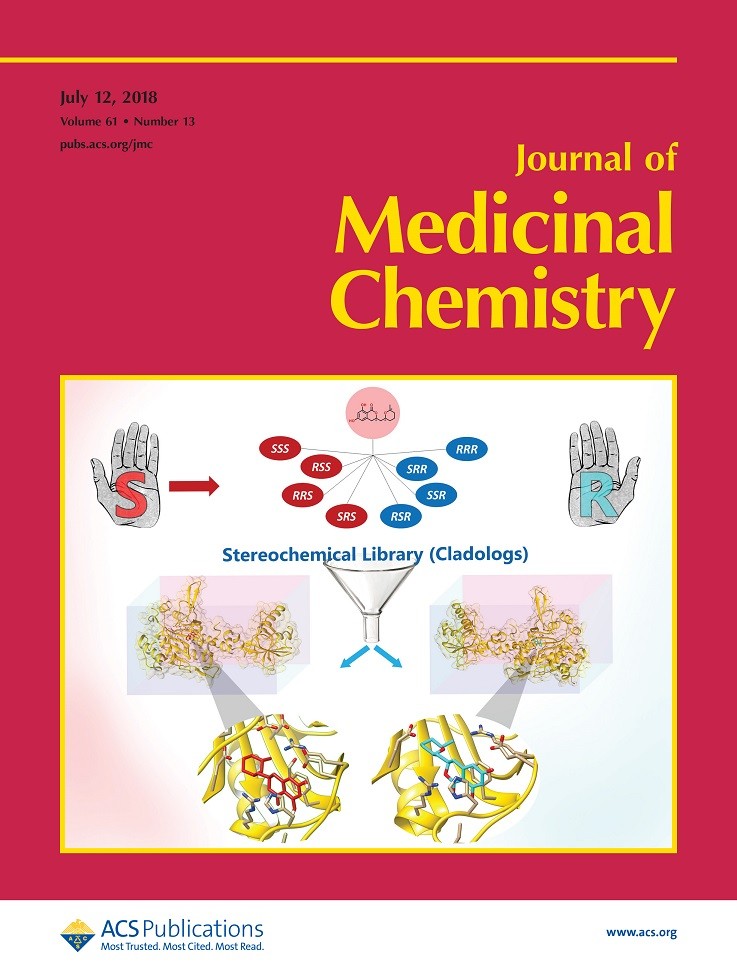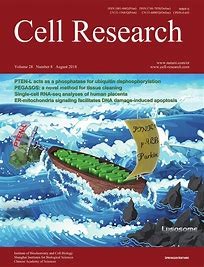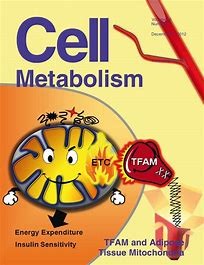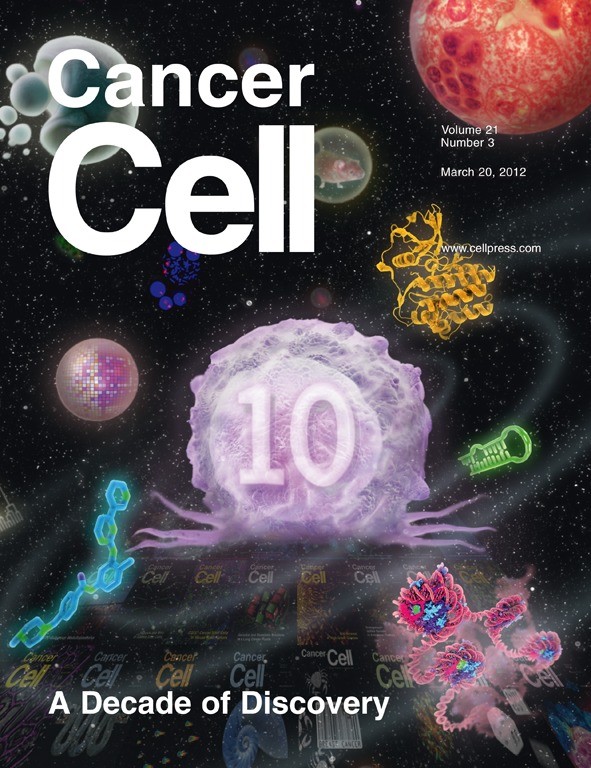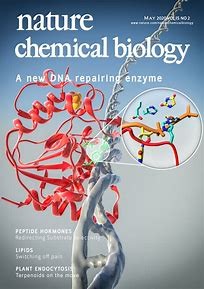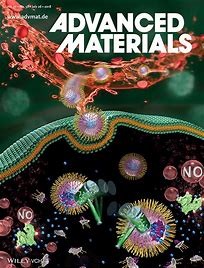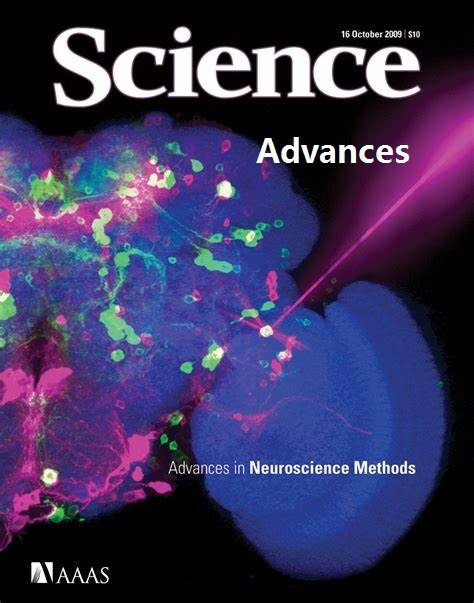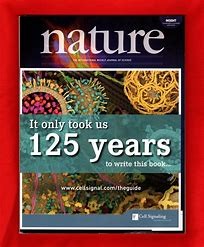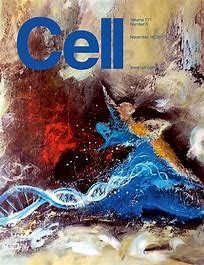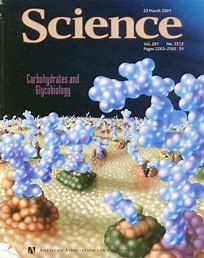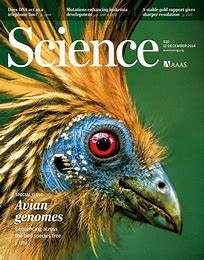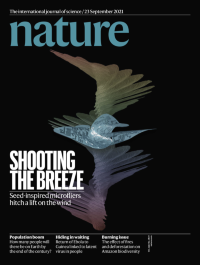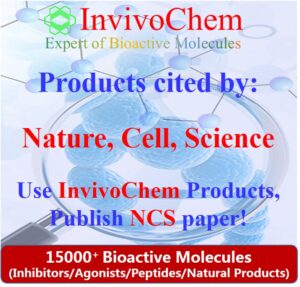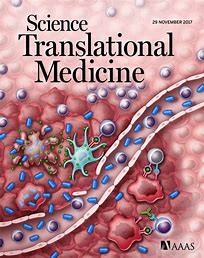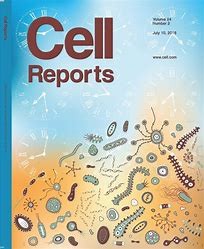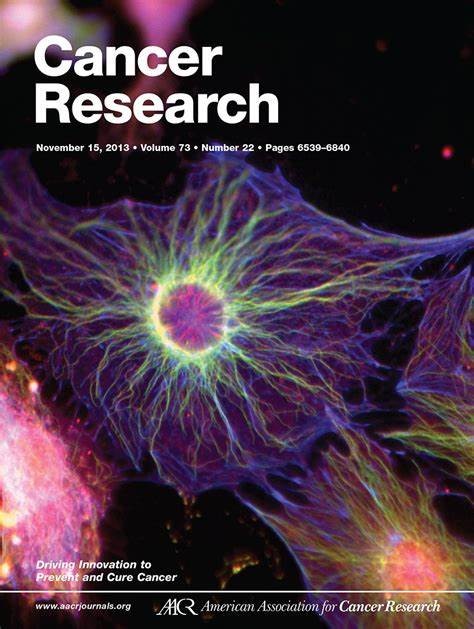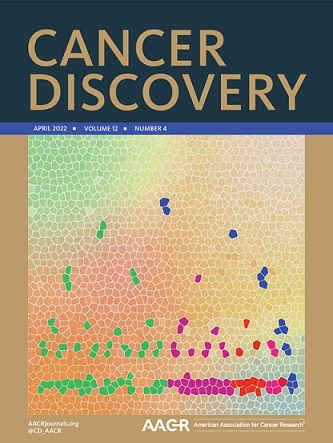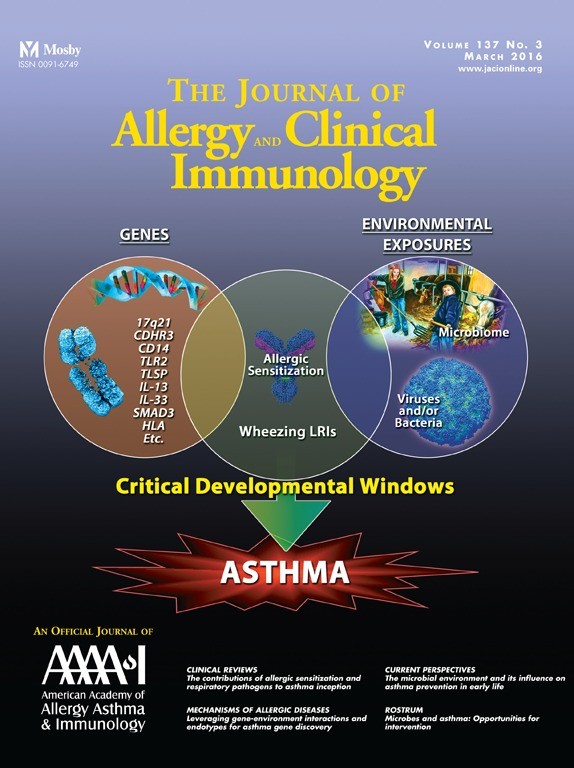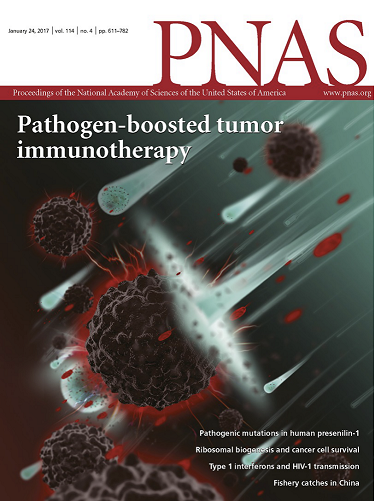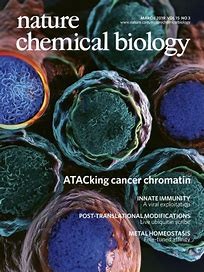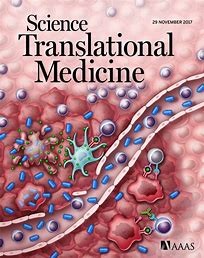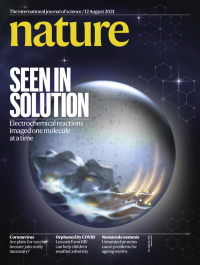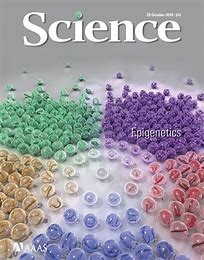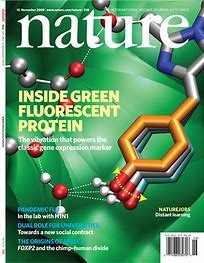AX-024 HCl
This product is for research use only, not for human use. We do not sell to patients.
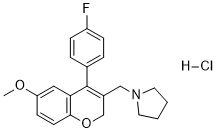
For small sizes, please check our retail website as below: www.invivochem.com
| Size | Price | Stock |
|---|---|---|
| 250mg | $950 | Check With Us |
| 500mg | $1450 | Check With Us |
| 1g | $2175 | Check With Us |
Cat #: V6003 CAS #: 1704801-24-0 Purity ≥ 98%
Description: AX-024 is a novel, potent and orally bioavailable inhibitor of the TCR-Nck interaction that selectively inhibits TCR-triggered T cell activation (IC50 1 nM).
Top Publications Citing Invivochem Products
Publications Citing InvivoChem Products
Product Promise
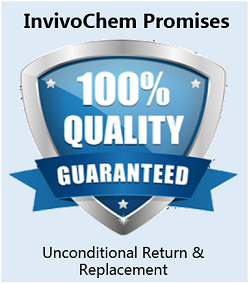
- Physicochemical and Storage Information
- Protocol
- Related Biological Data
- Stock Solution Preparation
- Quality Control Documentation
| Molecular Weight (MW) | 375.86 |
|---|---|
| Molecular Formula | C21H23ClFNO2 |
| CAS No. | 1704801-24-0 |
| SMILES Code | COC1=CC(C(C2=CC=C(F)C=C2)=C(CN3CCCC3)CO4)=C4C=C1.[H]Cl |
| Synonyms | AX-024 hydrochloride; AX-024; AX 024; AX024 HCl; |
| Protocol | In Vitro | AX-024 hydrochloride is >10,000-fold more potent than the AX-000 hit in terms of inhibition of TCR-triggered T cell proliferation. The IC50 of AX-024 hydrochloride in this assay is 1 nM, although it shows inhibitory effects at a concentration of 1 pM or less. AX-024 hydrochloride is also a much more potent inhibitor of cytokine release by human peripheral blood mononuclear cells stimulated with anti-CD3 than AX-000, strongly hindering interleukin-6 (IL-6), tumor necrosis factor-α (TNFα), interferon-γ (IFN-γ), IL-10, and IL-17A production at a concentration of 10 nM. In CD8+ T cells of OT1 TCR transgenic (OT1Tg) mice bearing wild-type (WT) AX-024 hydrochloride strongly inhibits T cell proliferation at a concentration of 0.1 nM when OT1Tg T cells are WT for the PRS mutation. Coimmunoprecipitation experiments in these cells show that Nck recruitment to the TCR is induced upon stimulation in the absence of drug but is inhibited in the presence of AX-024 hydrochloride in a dose-dependent manner at concentrations starting from 1 nM. |
|---|---|---|
| In Vivo | The AX-024 hydrochloride-treated group presents less scales and reduces skin thickening compare to the vehicle group. AX-024 hydrochloride significantly reduces thickening of both skin layers, but more effectively of the dermis, which rather resembles that of mice treated with a control cream lacking imiquimod (IMQ). AX-024 hydrochloride significantly diminishes the number of airway inflammatory cells in both assays. Mice receiving AX-024 hydrochloride rapidly recovers from neurological impairment and weight loss, becoming symptom-free by day 30, unlike mice that receives the vehicle, in which ataxia and loss of the righting reflex persist. |
These protocols are for reference only. InvivoChem does not
independently validate these methods.
| Solvent volume to be added | Mass (the weight of a compound) | |||
|---|---|---|---|---|
| Mother liquor concentration | 1mg | 5mg | 10mg | 20mg |
| 1mM | 2.6606 mL | 13.3028 mL | 26.6057 mL | 53.2113 mL |
| 5mM | 0.5321 mL | 2.6606 mL | 5.3211 mL | 10.6423 mL |
| 10mM | 0.2661 mL | 1.3303 mL | 2.6606 mL | 5.3211 mL |
| 20mM | 0.1330 mL | 0.6651 mL | 1.3303 mL | 2.6606 mL |
The molarity calculator equation
Mass(g) = Concentration(mol/L) × Volume(L) × Molecular Weight(g/mol)
Mass
=
Concentration
×
Volume
×
Molecular Weight*
The dilution calculator equation
Concentration(start)
×
Volume(start)
=
Concentration(final)
×
Volume(final)
This equation is commonly abbreviated as: C1 V1 = C2 V2
Concentration(start)
C1
×
Volume(start)
V1
=
Concentration(final)
C2
×
Volume(final)
V2
Step One: Enter information below
Dosage mg/kg
Average weight of animals g
Dosing volume per animal µL
Number of animals
Step Two: Enter the in vivo formulation
%DMSO
+
%
+
%Tween 80
+
%ddH2O
Calculation Results:
Working concentration:
mg/ml;
Method for preparing DMSO master liquid:
mg
drug pre-dissolved in
µL
DMSO(Master liquid concentration
mg/mL)
,Please contact us first if the concentration exceeds the DMSO solubility of the batch of drug.
Method for preparing in vivo formulation:
Take
µL
DMSO master liquid, next add
µL
PEG300, mix and clarify, next add
µL
Tween 80,mix and clarify, next add
µL
ddH2O,mix and clarify.
Note:
- (1) Please be sure that the solution is clear before the addition of next solvent. Dissolution methods like vortex, ultrasound or warming and heat may be used to aid dissolving.
- (2) Be sure to add the solvent(s) in order.
